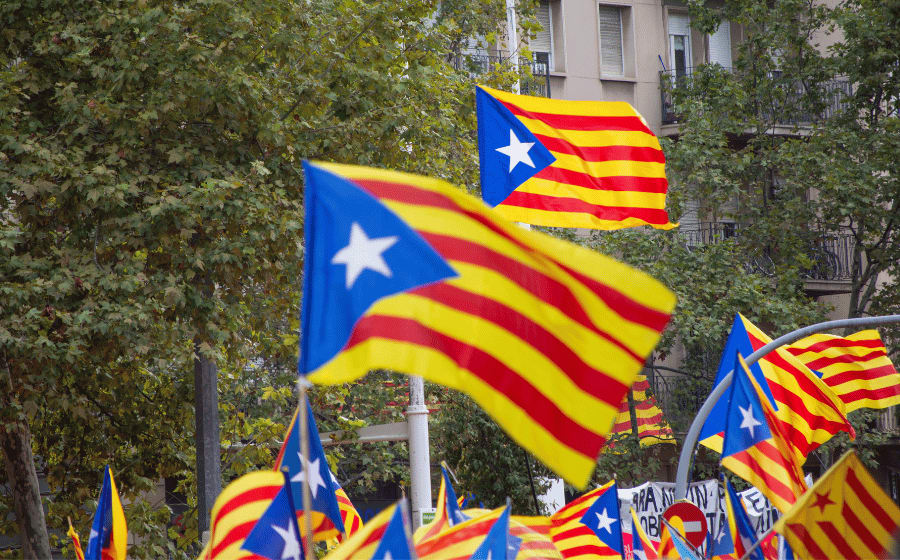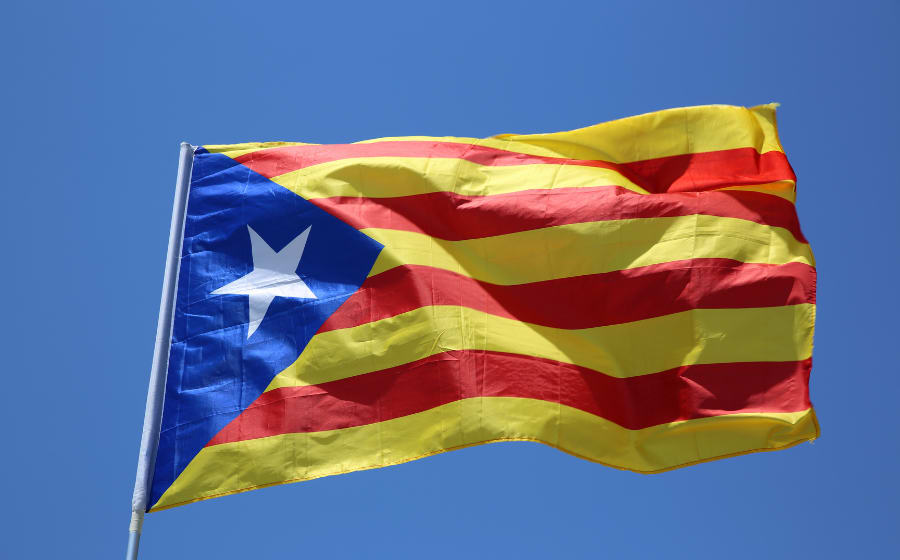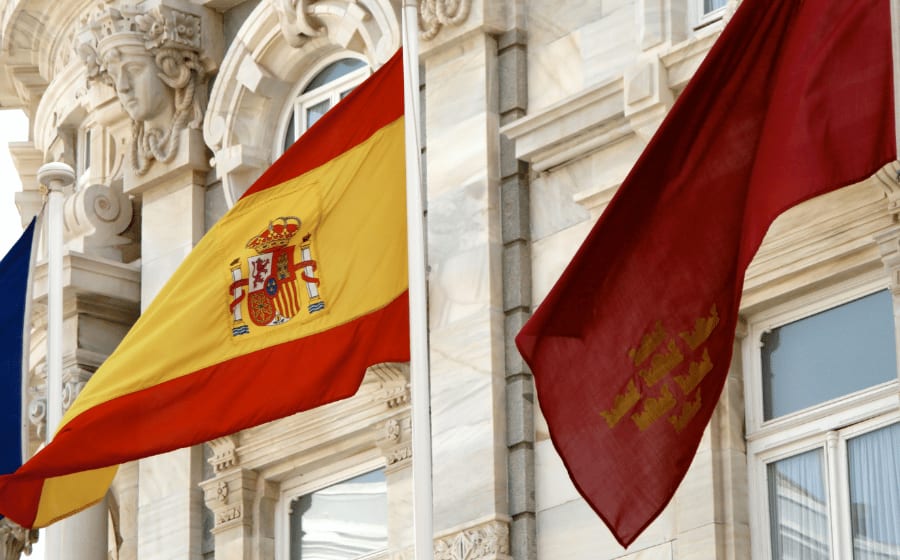Is The Basque Country a "Country"? A Complicated Truth
January 22, 2023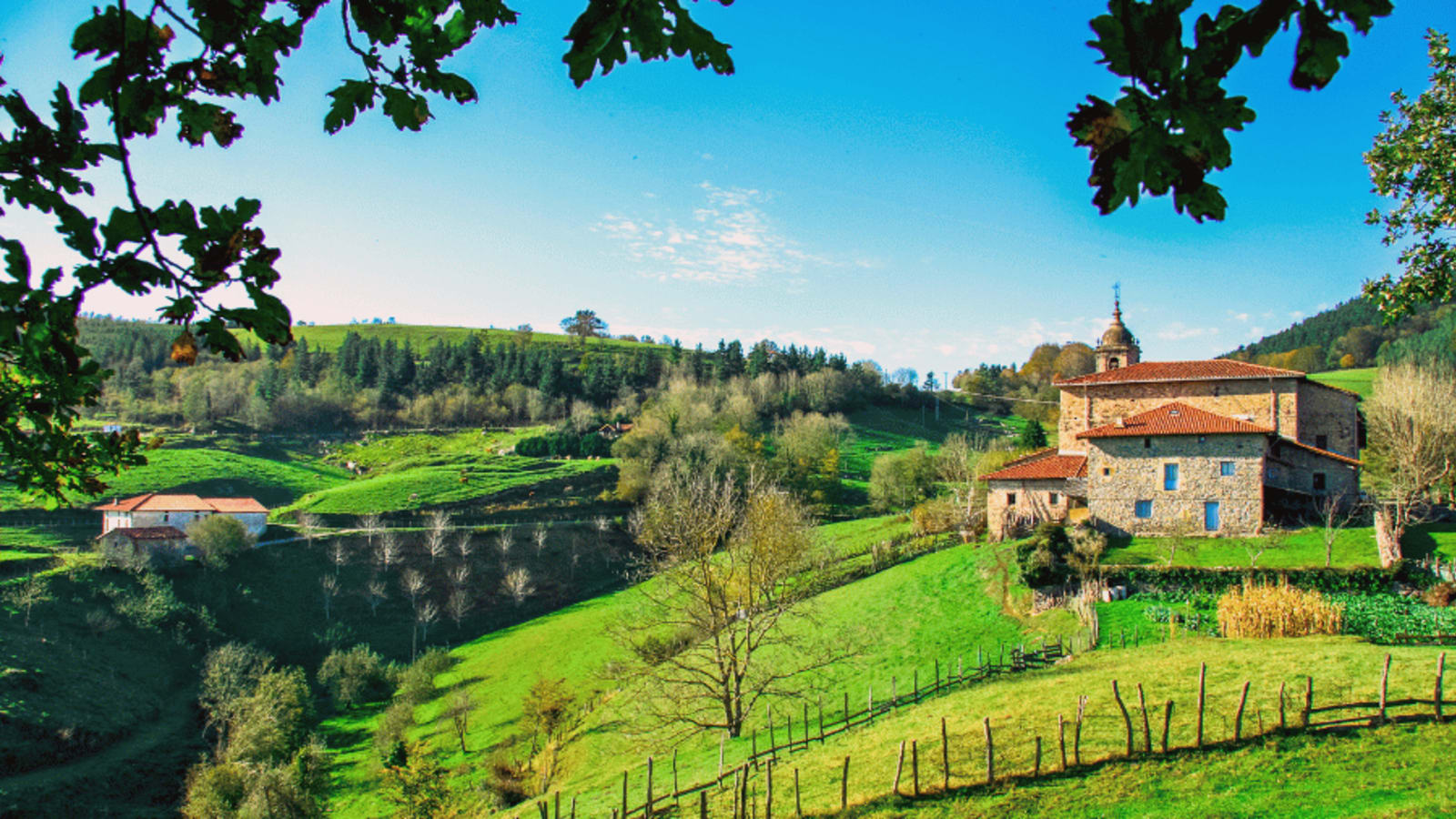
Win a FREE Trip to Spain!
Exciting Announcement! For the first time, we're thrilled to offer exclusive trips to the heart of Spain - an experience like no other. This isn't your typical tourist journey; it's a unique opportunity to immerse yourself in authentic Spanish culture, alongside real locals and our passionate team.
But there's more! Simply by requesting information about this amazing trip, you'll be entered into a special draw to win a Fully Paid Trip to Spain for Two. And that's not all - everyone who inquires will receive an exclusive bonus gift, valued at $500, available only now.
Ready to Discover the Real Spain?Click Here ↑ to Request Information & Enter the Draw!
How do we answer the question, is the Basque Country a country?
As the title says, this is a complicated question to answer. It is a topic that has generated a lot of controversy in Spain. In fact, depending on who you ask, you may get different answers.
In this post, we will deal with this issue in the best possible way, looking at it from the official and current point of view. We will define what the Basque Country is, going into detail, so there is no doubt about it.
We will also share with you some facts you might not know that make the Basque Country unique.
So let’s dive into this fascinating topic, which I hope you enjoy!
Table of Contents ▼ ▶
What is the Basque Country?
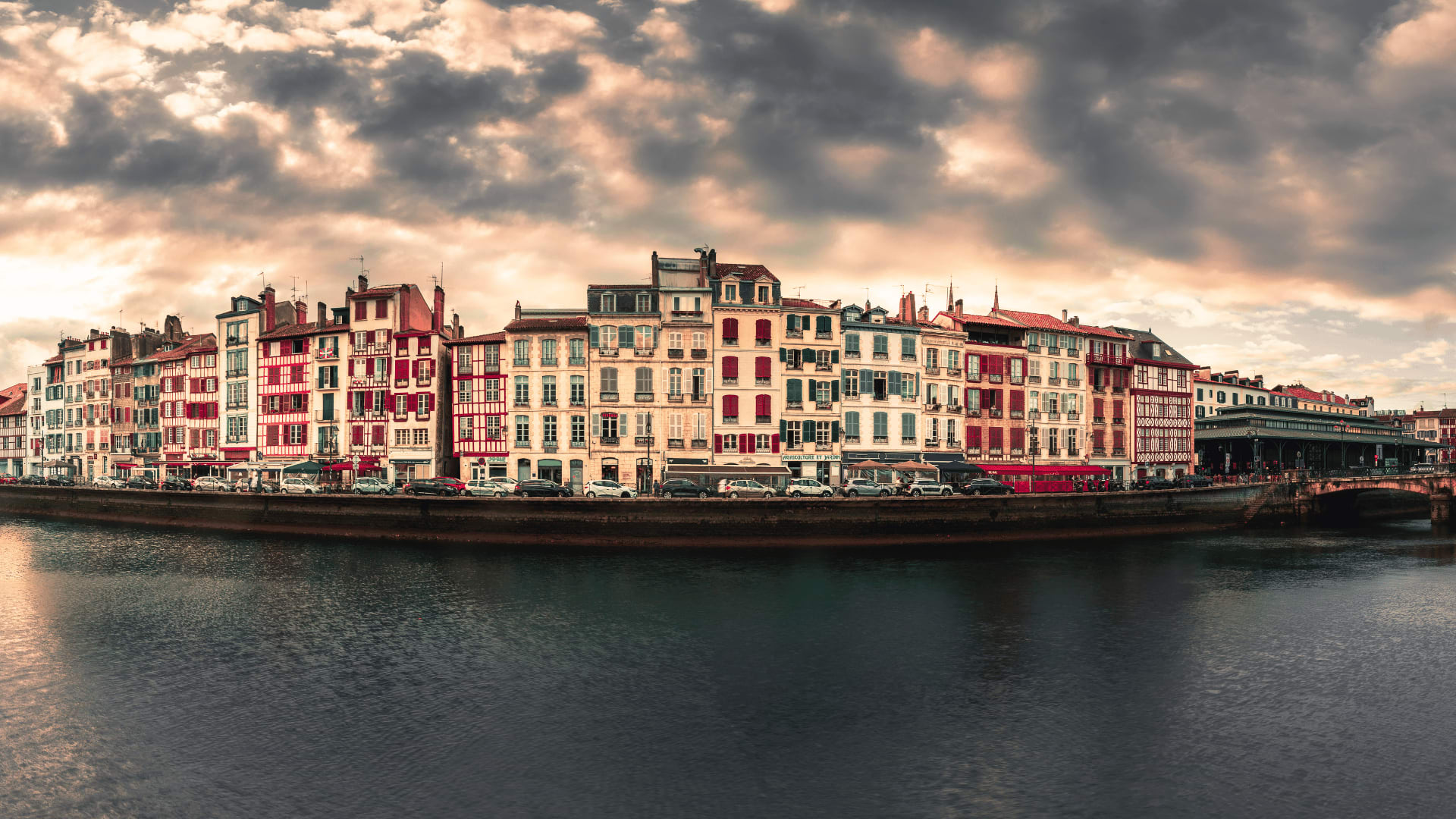
The Basque Country, also known as Euskadi, is officially an autonomous community of Spain considered a historical nationality. It is located in the north of Spain, in the eastern part of the Cantabrian Sea coast, bordering France.
This autonomous community comprises three provinces Bizkaia, Gipuzkoa, and Alava. The Basque Country has a total population of 2.16 million inhabitants, with Bilbao being the most populated city, followed by Vitoria and San Sebastian.
The Basque Country is one of the oldest and strongest cultures in Europe. It is one of the Spanish autonomous communities with its own origins, traditions, language (“euskera”), and culture.
The administrative capital of the Basque Country is Vitoria-Gasteiz.
BUT you must distinguish Euskadi from Euskal Herria.
Euskal Herria refers to the territory between Spain and France, located on both sides of the Pyrenees. The two parts into which Euskal Herria is divided are Iparralde (the northern part belonging to the French side) and Hegoalde (the southern part belonging to the Spanish side).
Culturally and historically, its center or capital is in Pamplona.
The Basque-speaking territory was historically called Vasconia at one time and Cantabria at another. The three provinces of which the Basque Country is currently composed were also called “Basque provinces” or “provincias vascongadas” in Spanish.
Which provinces make up the Basque Country?
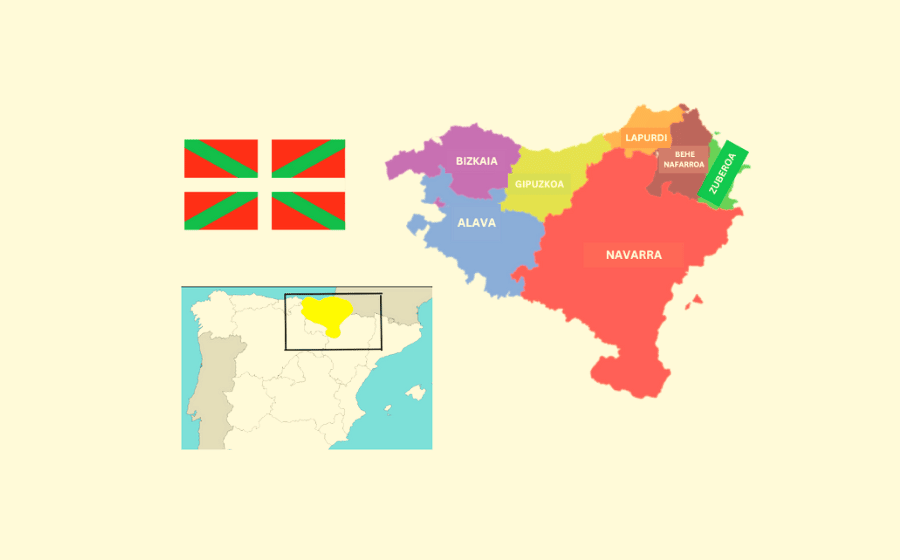
As you already know, currently and officially, the Basque Country is called the Autonomous Community of the Basque Country or Euskadi. This community comprises 3 provinces: Bizkaia, Gipuzkoa, and Alava (all three located in Spain).
These 3 provinces have their own capital:
- Alava: Vitoria-Gasteiz
- Gipuzkoa: Donostia-San Sebastian
- Bizkaia: Bilbao
However, if we leave officiality aside and focus on the regions that share the same culture and language (Basque or “Euskera”), we find Euskal Herria. This European region is located on both sides of the Pyrenees belonging to two countries, Spain and France. Euskal Herria comprises 7 regions or provinces: Bizkaia, Gipuzkoa, Alava, Navarra, Lapurdi (Labourd in French), Behe Nafarroa (Basse-Navarre in French), and Zuberoa (Soule in French).
Bizkaia, Gipuzkoa, Alava and Navarra belong to the Spanish territory and the other three provinces are part of the French territory.
Is the Basque Country an independent country?
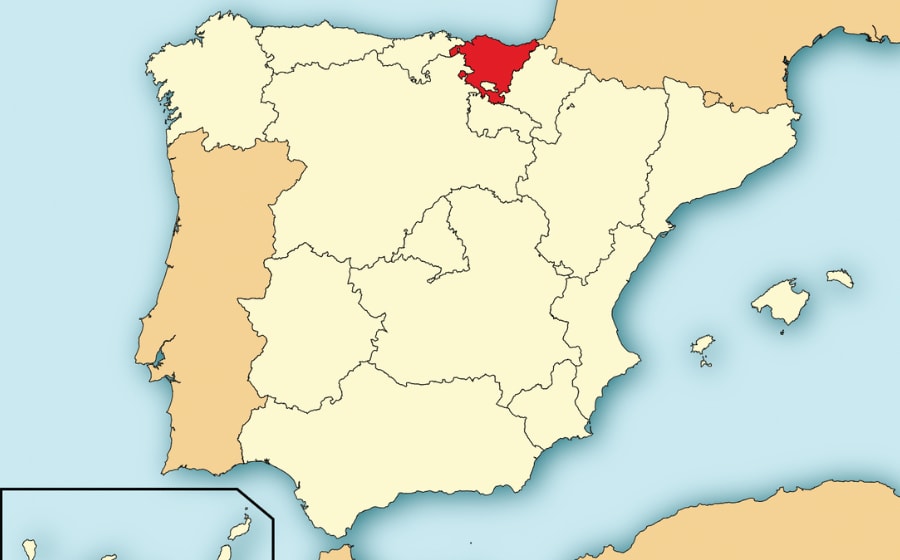
The Basque Country isn’t a country. It’s an autonomous community belonging to Spain
Why is it called the Basque Country if it is not a country? Because that’s its name. Just like a Whale Shark is called a “Whale Shark” even if it isn’t a real whale.
That being said, the Basque Country is an autonomous region in Spain in which a considerable percentage of its population would want to achieve independence and become a country. But as of 2023, it isn’t a country nor is there any formal procedure in place for the Basque Country to become one.
Here I show you two different opinions so you can see firsthand the two most common types of thinking about the Basque Country.
Remember that this is a delicate subject that must be approached with respect and tolerance.
Is the Basque Country an independent country? Pro-independence opinion:
The Basque Country would function very well as an individual country. Economically it can sustain itself; we have our own government, our own language, “Euskera,” and our own flag!
Is the Basque Country an independent country? Anti-independence opinion:
The Basque Country is stronger and functions better economically by belonging to Spain. If it were to become an independent country, it would lose 100%. They would lose tourism, businesses, and relations with foreign countries. Of course, they should not lose their traditions as there are part of their culture, but it is good for them to stay united to Spain.
6 special features that make the Basque Country unique
1. The Basque Country has its own language.
The Basque Country has its own language, which makes it unique, called “euskera.” It is an ancient language of unknown origin, unlike any other. It is also the oldest language in Europe and one of the most difficult to learn.
If you want to know what other official languages there are in Spain besides the principal dialects, I recommend you to take a look at this post:
2. The Basque Country has its own flag.
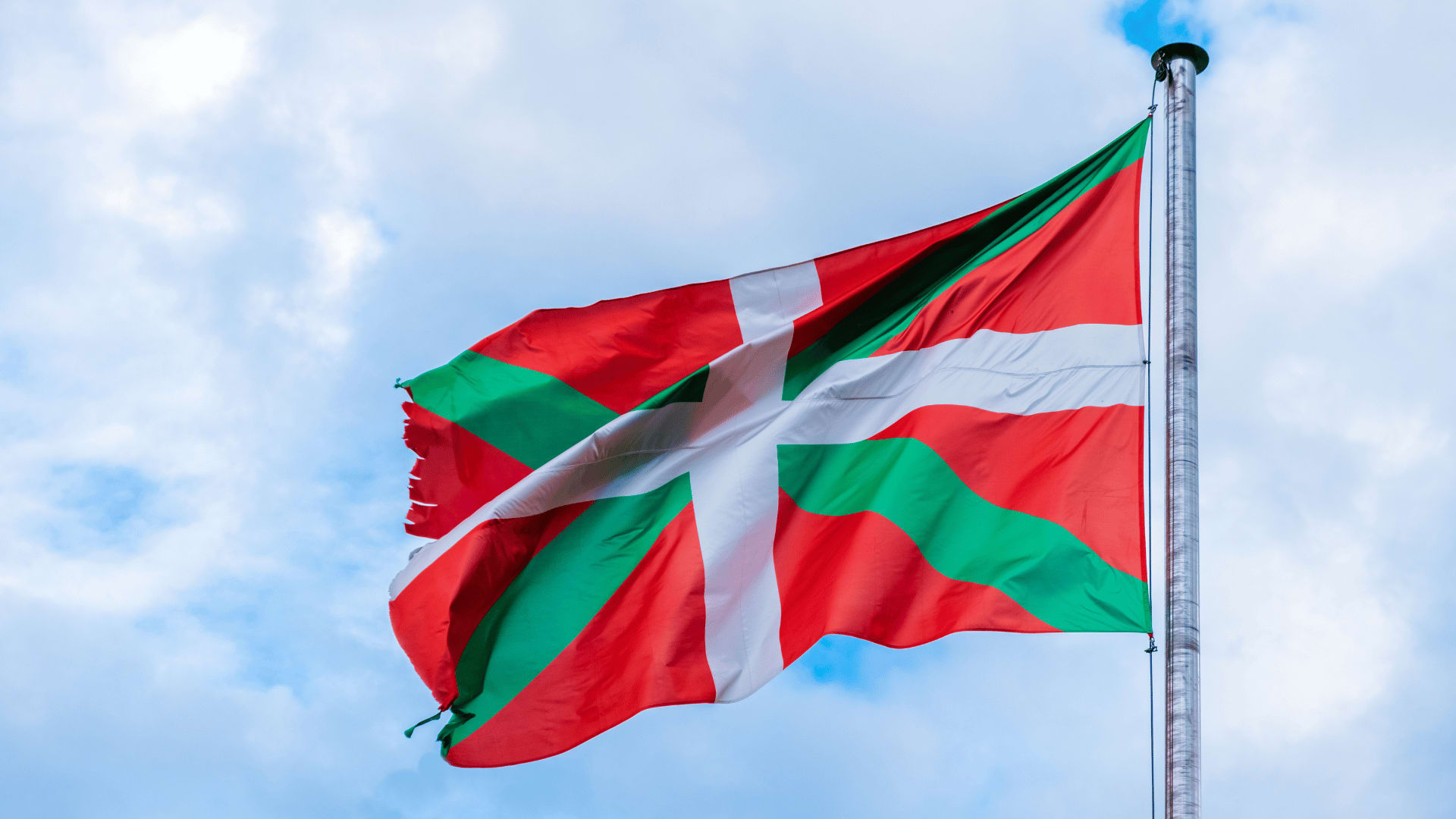
The Ikurriña is the name given to the official flag of the Basque Country. This flag was first declared official in 1936 by the Provisional Government of the Basque Country and adopted in 1979 by the Statute of Autonomy.
The red color represents the Basque Country (Euskadi), the green cross symbolizes St. Andrew but also independence, and the Guernica tree (which itself represents Basque freedom). And finally, the white cross represents God.
3. The Basque Country has its own architectural style.
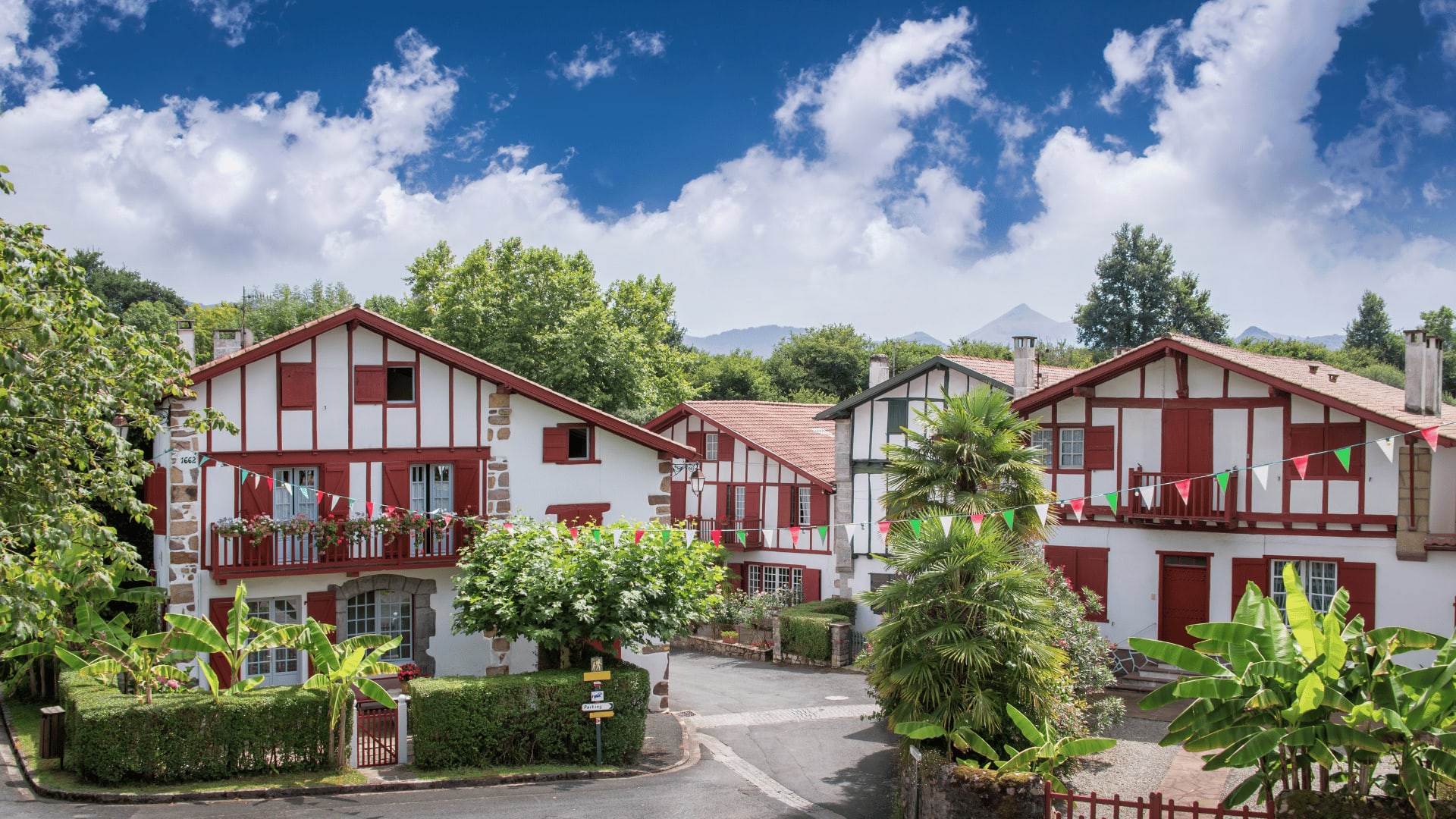
The houses of the Basque Country are characterized by white stone walls with painted window frames and windows.
The traditional Basque farmhouses (“caseríos” in Spanish), known as “etxes” in Euskera, are built facing east so that the sun shines on them. Also, the front door has a wooden lintel with the name of the builder and the year it was built.
You will want to take pictures of all the houses as they have a unique charm and look like something out of a fairy tale.
If you are interested in the Spanish architecture, we have a post entirely dedicated to it. Don’t miss it by clicking on the following link:
The Spanish Architecture and the 21 Wonderful Mediterranean Buildings
4. The Basque Country has its own style of cuisine.
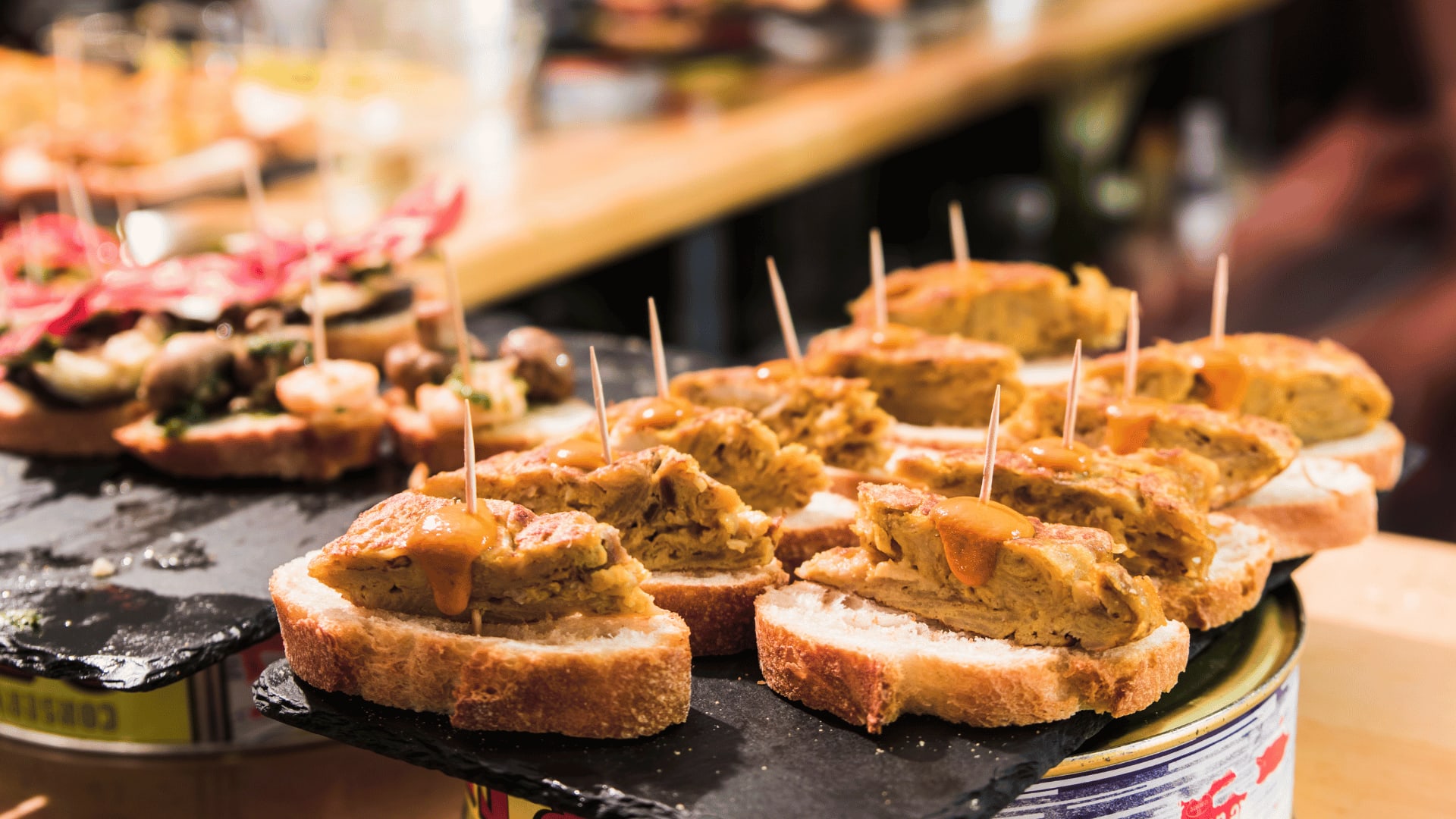
The Basque Country is a place where you will eat incredibly well. You will taste dishes you will not find anywhere else in Spain, as they are typical of this region.
Specifically, the area of San Sebastian is considered one of the world’s culinary capitals and has several Michelin-star restaurants.
In the Basque Country, you will not find the typical Spanish “tapas” but “pintxos.” One of the best things to do if you come to the Basque Country is to go from bar to bar, trying different “pintxos,” appetizers, and dishes while enjoying some wine or beer. Did you know that the Basques have even assigned a name to this type of plan? It is called “txikiteo.”
Find out more about Spanish food in the following article!
P.S.: I also share a list of the 13 Spanish restaurants with 3 Michelin stars!
5. The Basque Country has its own sports.
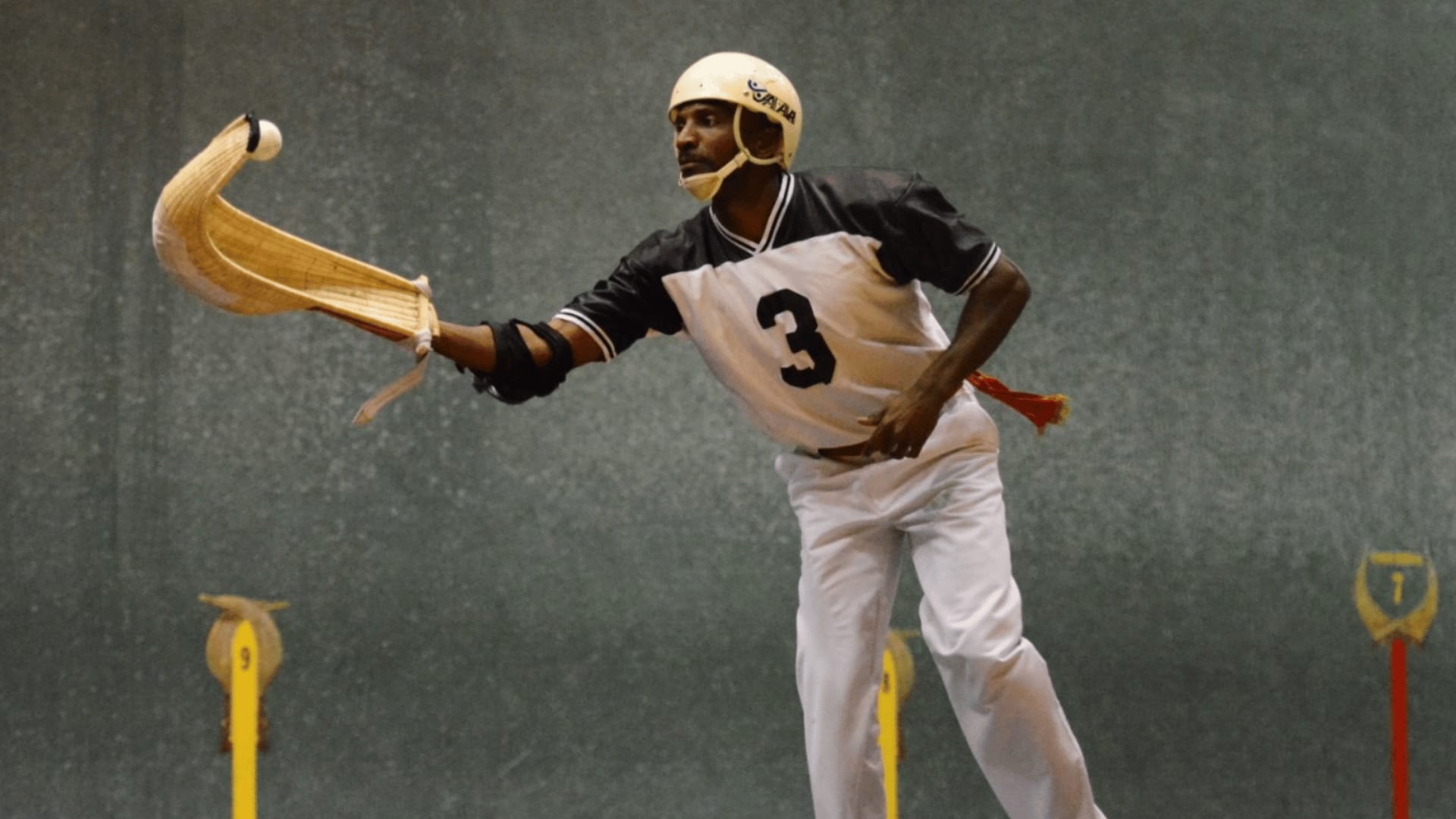
Although soccer is by far the most popular sport in the Basque region, followed by basketball, cycling, and even surfing, the Basque Country also has its own sports.
The Basques have been pioneers in many activities. And I assure you that they will catch your attention as soon as you see them!
I would say that “pelota” variations are the most common Basque sport, played by throwing a ball against the fronton wall.
The most popular is “pelota mano” or “pelota vasca,” so called because you don’t use a racket, but you play with your hand.
Another type of ball sport is “cesta punta or Jai Alai.” Jai Alai is played with a ball similar in size to a tennis ball but harder than a golf ball.
The basket is concave in shape and is used by the players to pick up and throw the ball. The rules of the game are pretty simple and very similar to squash. The only scary thing is the ball, which can reach a speed of 273 km/h (273 mph). So you’d better be careful not to get hit! Would you dare to play?
There are also Basque rural sports known as “herri kirolak.” These sports are very popular and representative of the Basque culture. These sports tests are more related to physical strength or endurance, such as lifting and dragging stones and wooden logs. These types of competitions are very common during festivals.
6. The Basque Country has its own festivals.
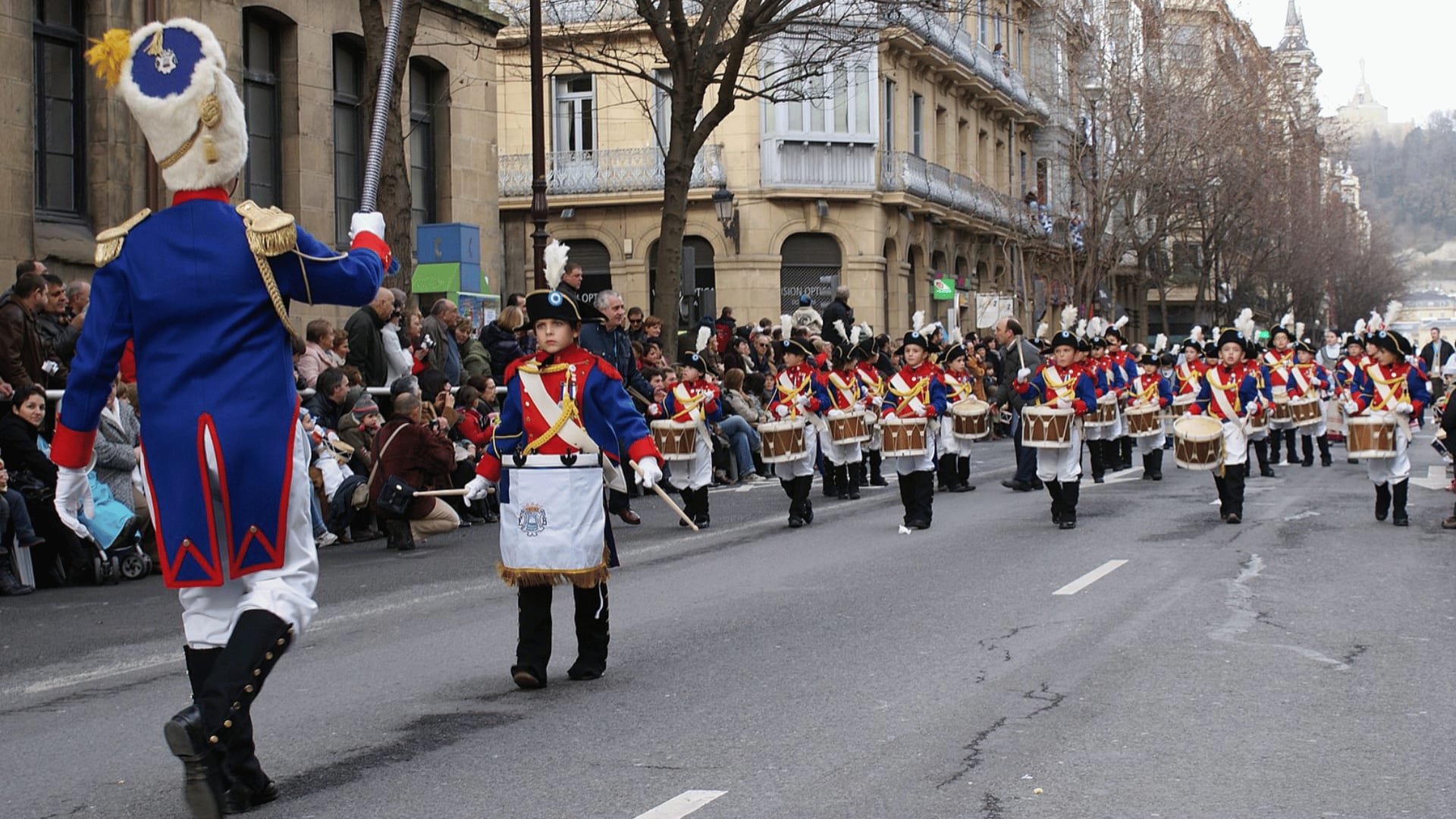
Each of the autonomous communities of Spain indeed has its own festivals. But even so, I didn’t want to leave out one of the most characteristic and well-known festivals, such as the Drum Festival known as “La Tamborrada.”
It is a festival that takes place in San Sebastian every year and starts at midnight on January 20th and lasts a whole day!
If you want to know all the details about the Drum Festival, as well as other celebrations that take place in Spain, don’t miss the following post:
13 Mind Blowing Spanish Festivals Worthy of Your Bucket List!
As we said at the beginning of this post, this topic is quite delicate.
Each person indeed has their own opinion, which must be respected at all times.
We hope this post has helped you have a complete vision of the beautiful and unique Basque Country!



